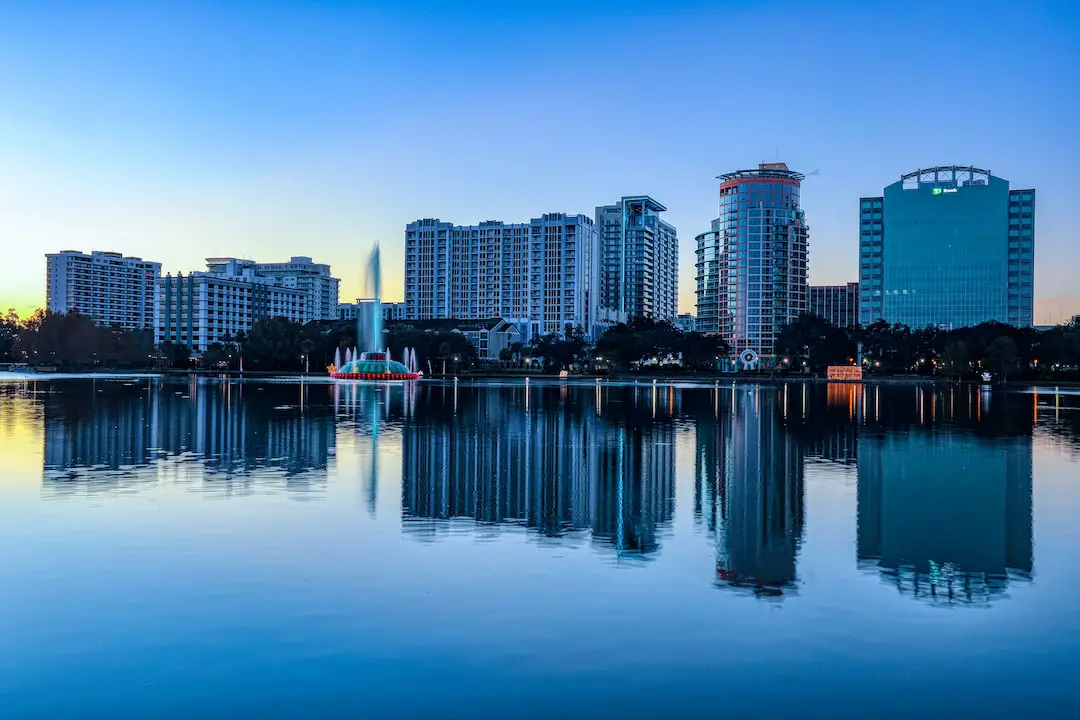
Orlando’s real estate market has been on a roller coaster ride over the past decade, and I’ve had a front-row seat to all the twists and turns. From the post-recession recovery to the recent pandemic-induced frenzy, the landscape of buying and selling homes in this vibrant city has transformed dramatically. Let’s dive into the evolution of this dynamic market and uncover the factors that have shaped it into what it is today.
The Post-Recession Rebound
Remember the housing crisis of 2008? Orlando, like many other cities, was hit hard. But as the economy started to pick up steam, so did the local real estate market. Investors swooped in, recognizing the potential for growth, and they weren’t wrong. By the early 2010s, we were witnessing a resurgence. Home values began to climb, and the market was buzzing with activity once again.
A Surge in Demand
Fast forward a few years, and Orlando’s appeal had only grown. The city’s booming tourism industry, coupled with a burgeoning job market, made it a magnet for new residents. Demand for housing soared, and the market responded. New developments popped up like daisies, and neighborhoods that had once been overlooked were now hot commodities.
The Impact of Short-Term Rentals
Orlando’s status as a vacation hotspot brought another player into the real estate game: short-term rentals. Properties near theme parks and attractions became gold mines for investors. Homeowners realized they could cash in on the trend, too, turning their residences into part-time vacation homes. This shift had a ripple effect, influencing everything from property values to local regulations.
Market Adjustments and Affordability Challenges
With growth, however, came growing pains. As prices climbed, affordability became a concern. The market had to adjust. We saw a push for more affordable housing options and initiatives to help first-time homebuyers. Despite these efforts, the gap between wages and housing costs remained a tough nut to crack.
Technology’s Role in Shaping the Market
Let’s not forget the role of technology. Online listings, virtual tours, and real estate apps changed how we buy and sell homes. They made the market more accessible and efficient, sure, but they also ramped up the competition. Buyers could now scout out new listings in the blink of an eye, and sellers could market their homes to a wider audience.
The Pandemic’s Unexpected Twist
Just when we thought we’d seen it all, the pandemic hit. It threw a wrench in the works, but surprisingly, Orlando’s real estate market didn’t just survive; it thrived. With remote work becoming the norm, people reevaluated their living situations. The desire for more space and a better quality of life led to a surge in home sales, despite the economic uncertainty.
Looking to the Future
So, what’s next for Orlando’s real estate market? If there’s one thing I’ve learned, it’s to expect the unexpected. The market is always evolving, shaped by a myriad of factors. But one thing’s for sure: Orlando remains a place where people want to live, work, and play. And as long as that’s the case, the market will continue to adapt and grow.
FAQs
- What has been the biggest driver of change in Orlando’s real estate market?
There’s been a combination of factors, but the growth of the tourism industry and the influx of new residents seeking job opportunities have been significant drivers. Additionally, the rise of short-term rentals has had a profound impact on the market.
- How has technology affected the way homes are bought and sold in Orlando?
Technology has made the market more transparent and efficient. Buyers can find listings instantly, and sellers can reach a global audience. It’s also facilitated the rise of remote real estate transactions, which became especially important during the pandemic.
- Is Orlando’s real estate market currently a buyer’s or seller’s market?
It’s been leaning towards a seller’s market due to high demand and a competitive environment. However, markets are always shifting, and external factors like interest rates and economic conditions can quickly change the dynamics.
Conclusion
Over the last decade, Orlando’s real estate market has been a testament to resilience and transformation. From the rebound after the recession to the recent pandemic boom, this market has seen its fair share of ups and downs. It’s been shaped by a confluence of factors, including economic growth, technological advancements, and societal shifts. As we look ahead, the market shows no signs of slowing down. It continues to evolve, offering opportunities and challenges alike. For anyone keeping an eye on Orlando’s real estate scene, one thing is clear: it’s a market that always keeps you on your toes.
Whether you’re an investor, a homeowner, or a first-time buyer, understanding the nuances of this market is crucial. It’s a vibrant, ever-changing landscape that reflects the city’s own dynamic spirit. And if you’re looking to dive into Orlando’s real estate market, there’s never been a more exciting time to explore what this city has to offer.